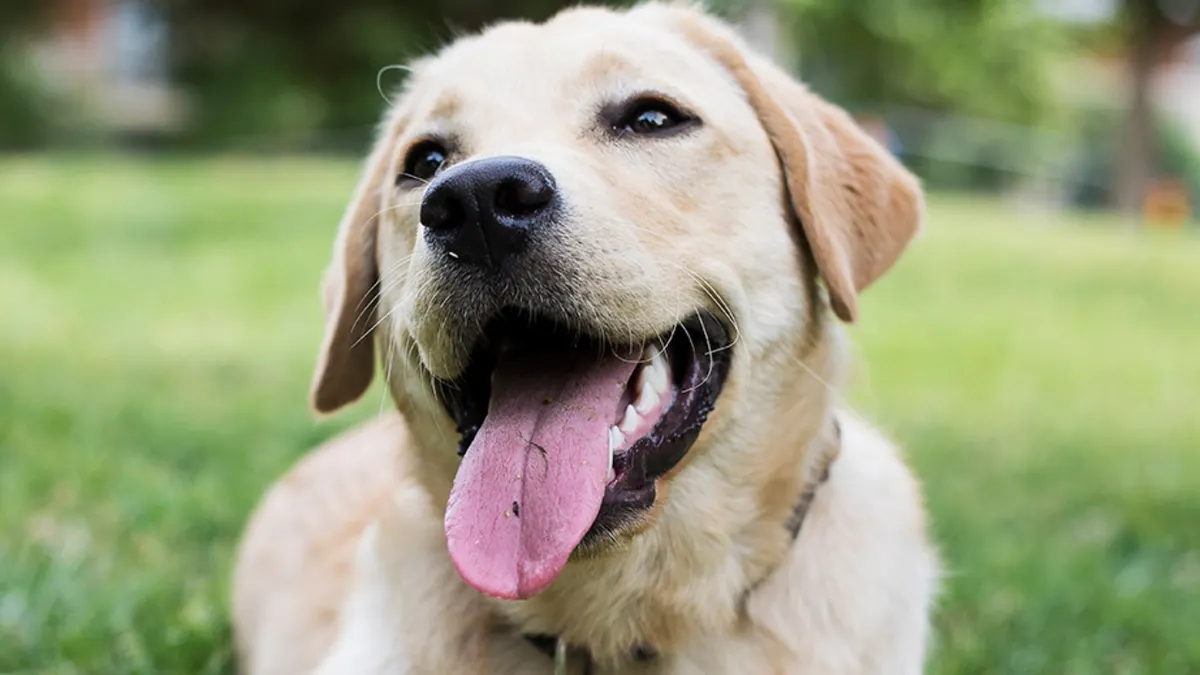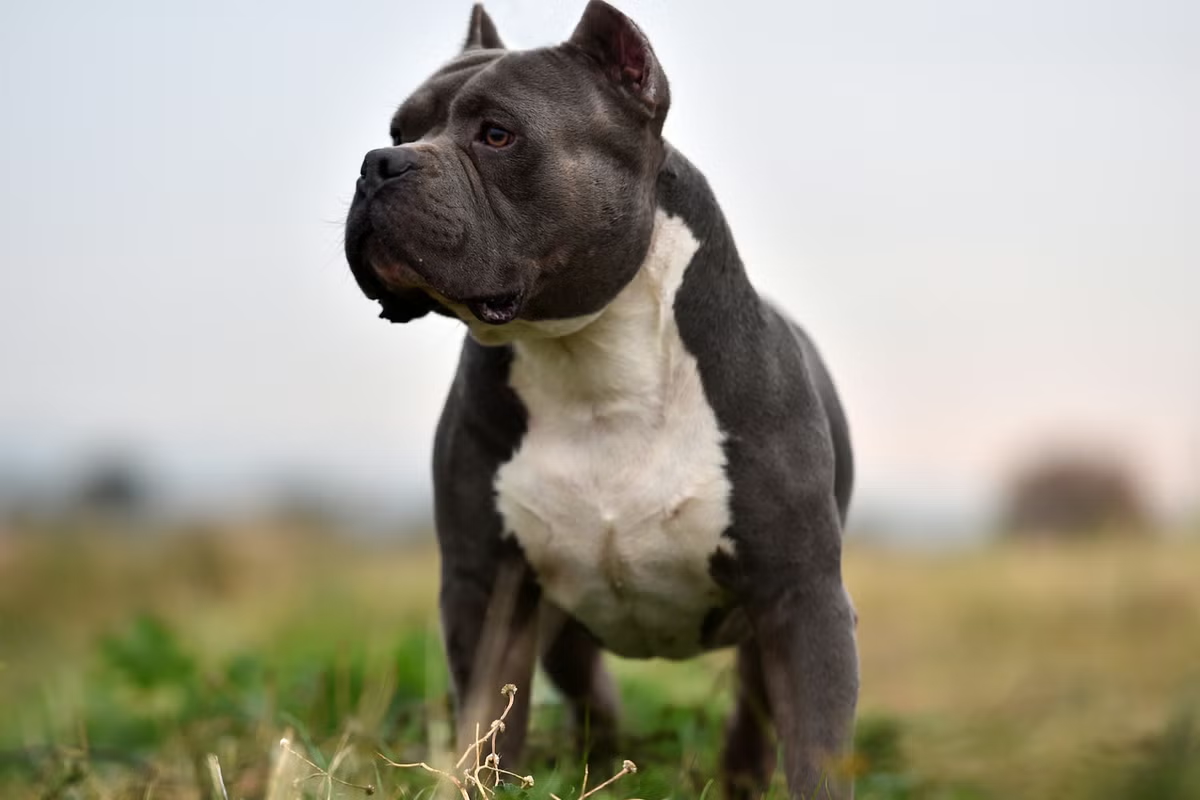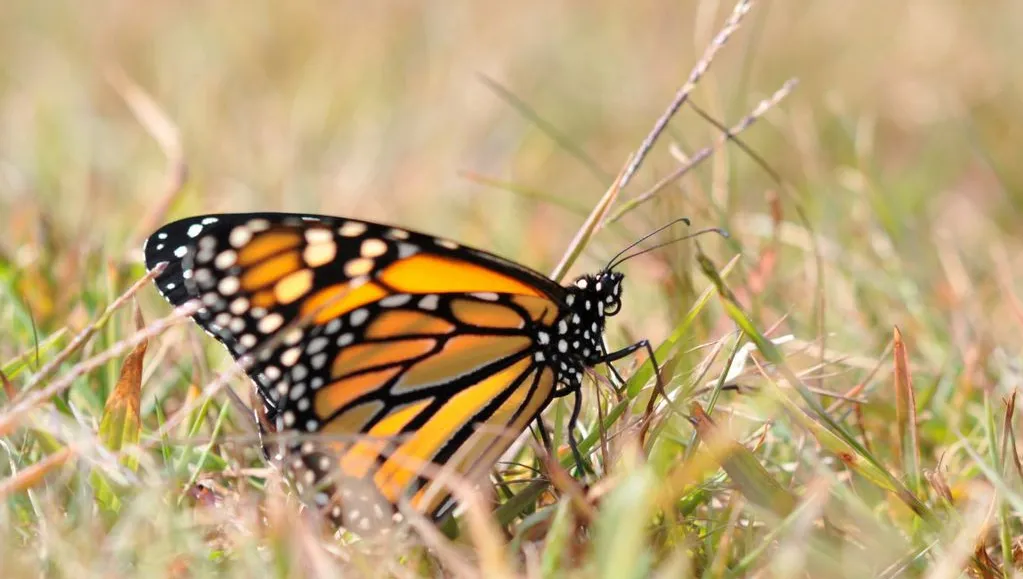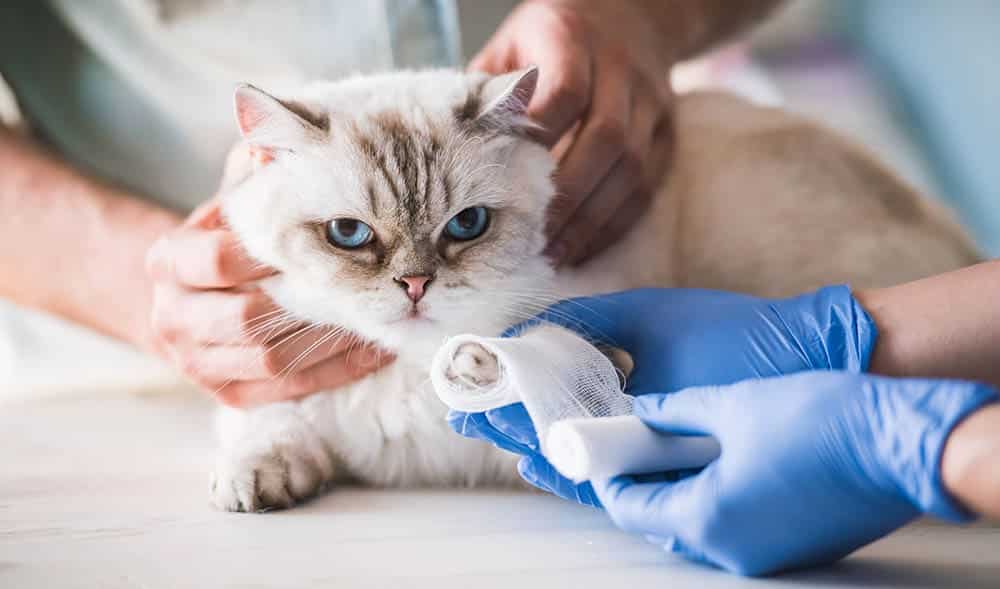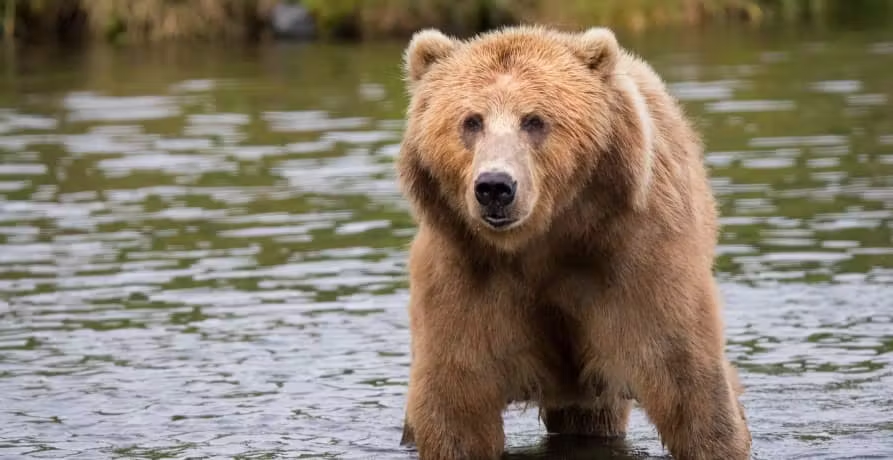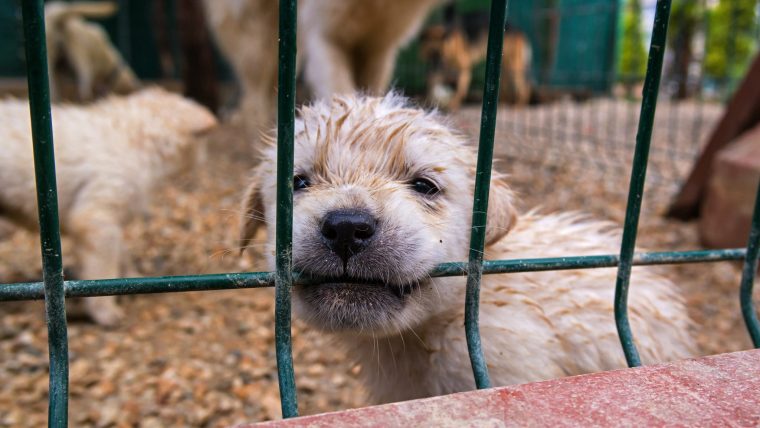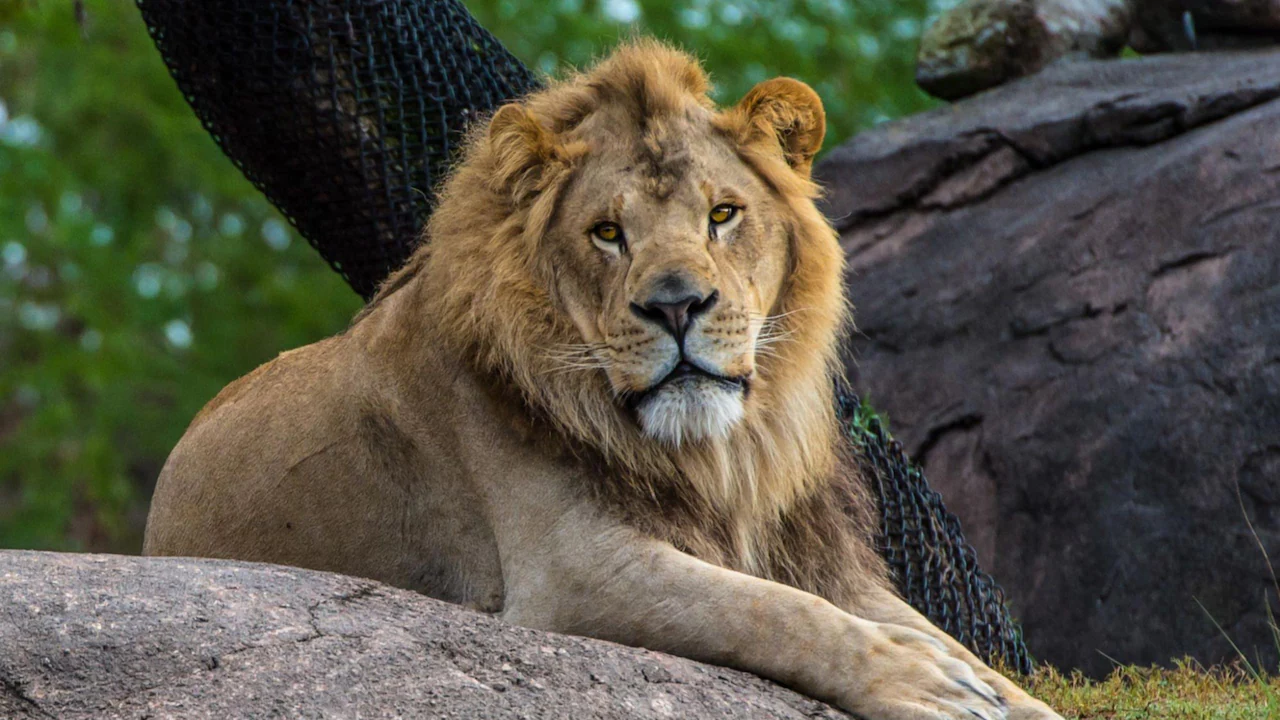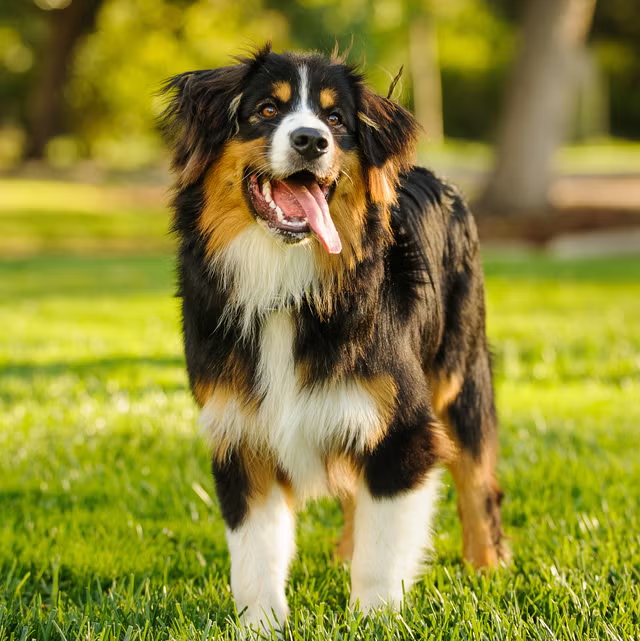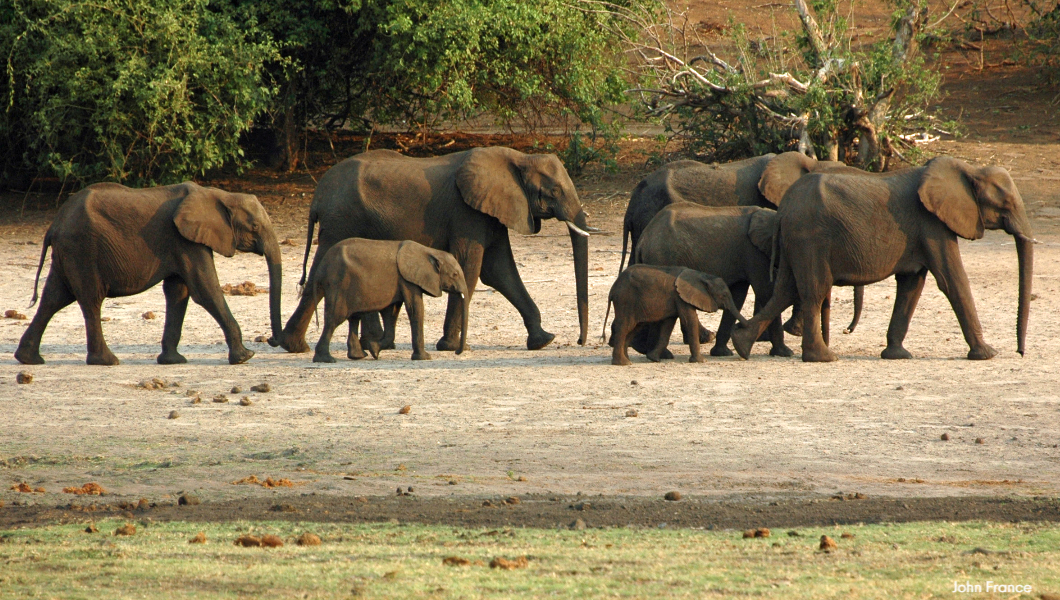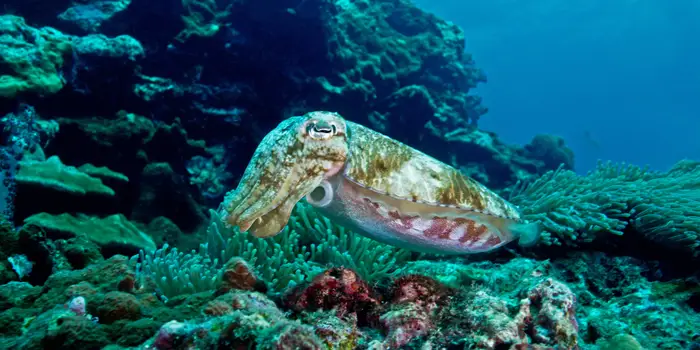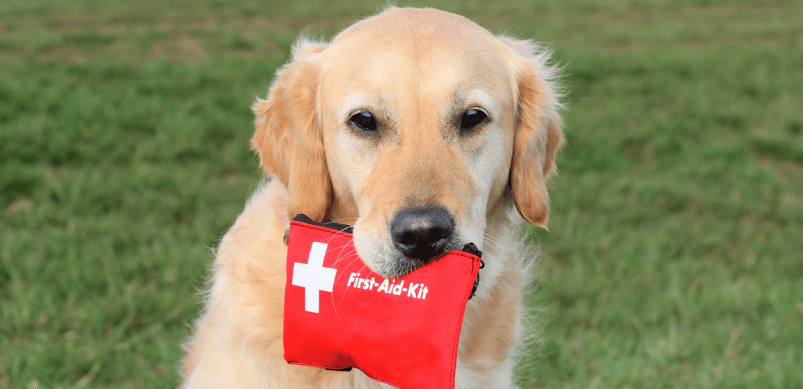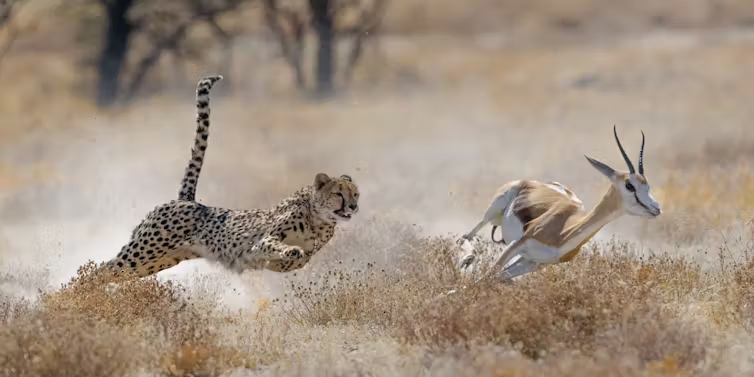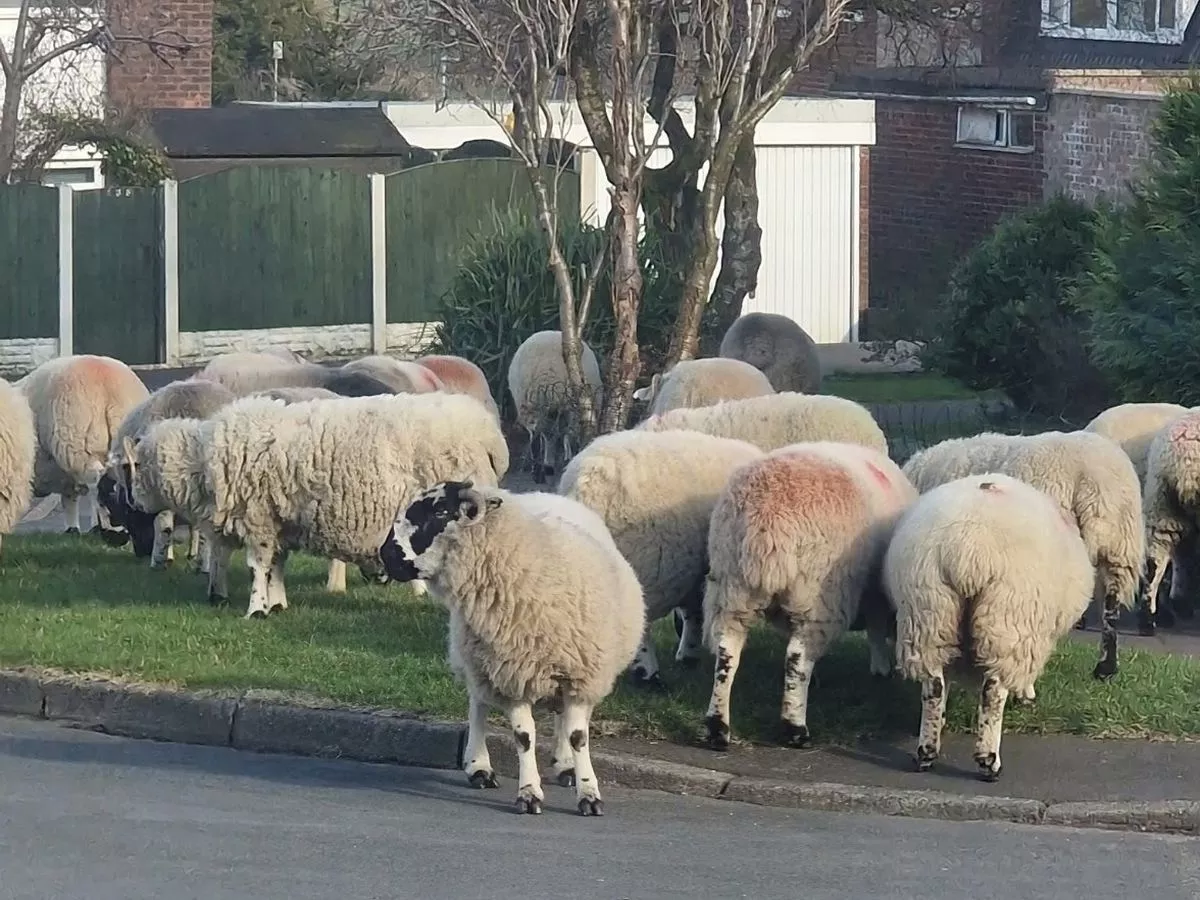A New Year for Animal Welfare
As 2025 dawns, animal lovers across the U.S. have reason to celebrate. New state laws effective this year are transforming how animals are treated, from farm fields to circus tents. These laws reflect years of advocacy and a growing recognition that animals deserve better. Let’s explore these groundbreaking changes and what they mean for our furry, feathered, and finned friends.
Cage-Free Egg Laws in Colorado and Michigan
Ending Confinement for Hens
On January 1, 2025, Colorado and Michigan banned the production and sale of eggs from caged hens. These laws, championed by groups like the Humane Society, aim to protect over 10 million birds annually. Hens can now move freely, perch, and nest, improving their quality of life significantly.
Why Cage-Free Matters
Cages restrict hens to spaces smaller than a sheet of paper, causing stress and injury. Cage-free systems allow natural behaviors, reducing suffering. This shift also responds to consumer demand, with companies like McDonald’s pledging 100% cage-free eggs by 2025.
Impact on Farmers and Consumers
Farmers face costs to transition to cage-free systems, but grants in states like Oklahoma help ease the burden. Consumers benefit from healthier, ethically produced eggs, though prices may rise slightly. The move aligns with 11 other states enforcing similar standards.
Massachusetts Bans Exotic Animals in Traveling Shows
Protecting Wildlife from Exploitation
Massachusetts now prohibits using elephants, big cats, primates, giraffes, and bears in traveling shows like circuses. Effective January 1, 2025, this law ends decades of cruel practices. It was inspired by cases like Beulah, an elephant who suffered in captivity until her death in 2019.
Exceptions and Enforcement
Zoos and film productions are exempt, but traveling acts face fines of $500–$10,000 per animal for violations. The state’s Division of Fisheries and Wildlife oversees enforcement, ensuring compliance. This law sets a precedent for humane treatment of exotic animals.
A Victory for Advocacy
This ban took over 20 years of advocacy, with groups like the MSPCA and FOUR PAWS leading the charge. It reflects public sentiment against exploiting wild animals for entertainment, protecting both animals and public safety. Other states may soon follow suit.
Minnesota’s Fur Farming Regulations
Increasing Transparency in Fur Farms
Minnesota’s new law, effective 2025, requires fur farms to register with the state and undergo inspections. It also mandates disease testing to prevent zoonotic outbreaks like COVID or avian flu. This is the first U.S. state to enforce such oversight, a major win for animal welfare.
Addressing Cruelty and Health Risks
Fur farms often keep animals in cramped, unsanitary conditions. This law ensures accountability, with farms covering oversight costs through fees. It’s a step toward reducing the cruelty inherent in the fur industry, which kills millions of animals annually.
Comparison: Fur Farming Oversight
| State | Regulation Status | Key Features |
|---|---|---|
| Minnesota | Registration, inspections | Disease testing, transparency |
| California | Fur sales ban (2023) | No new fur sales, religious exemptions |
| Other States | Minimal or no regulation | Limited oversight, no bans |
North Carolina’s Shelter Vet Services
Expanding Access to Pet Care
North Carolina’s 2025 policy allows shelter veterinarians to treat owned animals, addressing vet shortages in underserved areas. This helps low-income pet owners keep their animals healthy, reducing surrenders. It’s a practical step to strengthen the human-animal bond.
Benefits for Communities
By enabling shelter vets to provide services, the law reduces pressure on shelters and supports pet retention. It’s especially helpful in rural areas where vet access is limited. Programs like this could inspire other states to follow.
Pennsylvania’s Pet Protection for Domestic Violence Survivors
Safeguarding Pets in Crisis
Pennsylvania’s new law, effective 2025, protects pets of domestic violence survivors, allowing them to escape abusive situations without leaving their animals behind. This addresses a critical barrier, as many survivors stay in danger to protect their pets.
How It Works
The law provides legal protections, ensuring pets can stay with their owners or be placed in safe care. Shelters and advocacy groups can now offer co-sheltering options, making it easier for survivors to leave abusive environments.
Washington’s Humane Cosmetics Act
Banning Animal-Tested Cosmetics
Washington’s Humane Cosmetics Act, effective 2025, bans the sale of cosmetics newly tested on animals. As the 12th state to enact such a law, it protects rabbits, guinea pigs, and mice from cruel testing, pushing the beauty industry toward cruelty-free alternatives.
Global and Federal Implications
This law aligns with bans in the EU and India, increasing pressure for a federal Humane Cosmetics Act. Consumer demand for cruelty-free products is driving change, with brands like Lush leading the way. It’s a win for ethics and innovation.
Pros and Cons of the Humane Cosmetics Act
Pros:
- Prevents suffering of animals used in testing.
- Encourages cruelty-free alternatives like computer modeling.
- Aligns with consumer demand for ethical products.
Cons:
- May increase costs for some cosmetic companies.
- Limited to new testing, not existing products.
- Enforcement requires robust oversight to be effective.
Oregon’s Crackdown on Animal Cruelty Videos
Punishing Aggravated Abuse
Oregon’s 2025 law targets the creation and distribution of videos depicting aggravated animal abuse, with penalties of up to five years in prison or $125,000 in fines. It closes a gap in federal laws limited to interstate commerce, ensuring local accountability.
Why This Matters
Animal crush videos exploit small animals for profit, causing horrific suffering. This law deters such cruelty and protects animals like puppies and hamsters. It’s a strong step toward ending extreme abuse in media.
Other Notable 2025 Animal Welfare Laws
Florida’s Trooper’s and Dexter’s Laws
Florida’s 2025 laws, Trooper’s Law and Dexter’s Law, strengthen animal protections. Trooper’s Law makes it a felony to abandon dogs during emergencies, with up to five years in prison. Dexter’s Law creates an animal abuse database to track offenders.
Connecticut’s Lab Animal Adoption Law
Connecticut became the first state to mandate adoption opportunities for lab rabbits, guinea pigs, and ferrets in 2025. This law bans further testing on these animals, giving them a chance at loving homes. It’s a groundbreaking step for lab animal welfare.
New York’s Wildlife Killing Ban
New York’s 2025 law bans wildlife killing contests, like coyote hunts, effective November 1. It prohibits events offering prizes for killing species like squirrels or rabbits, protecting thousands of animals from senseless slaughter.
The Bigger Picture: Trends in Animal Law
Growing Recognition of Animal Sentience
States like Oregon explicitly recognize animals as sentient beings capable of pain and stress. This shift drives stronger protections, as seen in laws banning extreme confinement or cruel entertainment practices. It’s a sign of evolving societal values.
Push for Alternatives to Animal Testing
Laws like Washington’s Humane Cosmetics Act and Maryland’s research fund for non-animal methods show a trend toward humane science. These efforts reduce animal suffering while advancing technologies like lab-grown tissues.
Challenges from Industry Pushback
Despite progress, bills like the Food Security and Farm Protection Act threaten state laws like California’s Proposition 12. These federal proposals could undermine local welfare standards, highlighting the need for continued advocacy.
People Also Ask (PAA) Section
What new animal welfare laws took effect in 2025?
In 2025, states like Colorado and Michigan banned caged hen eggs, Massachusetts prohibited exotic animals in traveling shows, and Washington banned animal-tested cosmetics. Other laws in Oregon, Minnesota, and Florida address cruelty, fur farming, and pet protection.
How do state animal laws differ from federal laws?
State laws often provide stronger, more specific protections than federal laws like the Animal Welfare Act, which excludes farm animals and certain species. States can regulate local issues, like fur farming or pet sales, while federal laws focus on interstate activities.
Where can I find details on state animal welfare laws?
Check the Animal Legal Defense Fund (aldf.org) or National Agricultural Law Center (nationalaglawcenter.org) for state-specific laws. The Humane Society’s website (humaneworld.org) also offers updates on new legislation and advocacy opportunities.
What are the best tools for animal welfare advocacy?
Join advocacy groups like the ASPCA or Humane Society, which offer action alerts and petitions. Apps like Beagle Freedom Project’s Cruelty-Cutter help identify cruelty-free products. Local shelters and state agriculture departments provide resources too.
Tools and Resources for Animal Welfare Advocates
Free Resources
- Animal Legal Defense Fund: Offers state law rankings and legal guides.
- ASPCA Advocacy Center: Provides alerts for supporting animal welfare bills.
- Cruelty-Cutter App: Scans products to ensure they’re cruelty-free, free on iOS and Android.
Paid Tools
- Legal Subscriptions (e.g., Westlaw): Access detailed state statutes for $100–$500/year.
- Online Courses (e.g., Lewis & Clark Animal Law): Programs cost $1,000–$5,000, teaching advocacy skills.
- Donation Platforms: Support groups like Humane Society ($25–$100 donations) to fund campaigns.
Where to Get Involved
Visit humaneworld.org or aspca.org to join advocacy brigades or sign petitions. Local humane societies and shelters often host events to support new laws. Check your state’s Department of Agriculture for regional regulations.
Pros and Cons of 2025 Animal Welfare Laws
Pros:
- Reduce suffering for millions of animals, from hens to lab rabbits.
- Align with consumer demand for ethical products, boosting cage-free eggs and cruelty-free cosmetics.
- Increase transparency in industries like fur farming, protecting public health.
Cons:
- Transition costs for farmers and businesses may raise prices.
- Enforcement varies, with some states lacking resources for inspections.
- Federal pushback, like the EATS Act, threatens state progress.
A Personal Reflection on Animal Welfare
Growing up, my family rescued a dog named Rusty from a neglectful home. His matted fur and timid eyes told a story of hardship, but with love, he thrived. Seeing laws like Pennsylvania’s pet protection for domestic violence survivors hits home—it’s a lifeline for animals like Rusty and their owners. These 2025 laws aren’t just policies; they’re a promise to give animals the dignity they deserve, and that’s worth celebrating.
FAQ Section
What are the new animal welfare laws for 2025?
In 2025, Colorado and Michigan banned caged hen eggs, Massachusetts outlawed exotic animals in traveling shows, and Washington prohibited animal-tested cosmetics. Other states like Oregon and Florida introduced laws against cruelty videos and pet abandonment.
How do these laws help animals?
These laws reduce suffering by banning cruel practices like cage confinement, exotic animal shows, and animal testing. They also protect pets in crises and increase oversight of industries like fur farming, improving animal welfare nationwide.
Are there federal animal welfare laws in 2025?
Federal laws like the Animal Welfare Act and PACT Act exist but are limited, excluding farm animals and certain species. State laws in 2025 often provide stronger protections, addressing local issues like pet sales or wildlife contests.
Where can I learn more about animal welfare laws?
The Animal Legal Defense Fund (aldf.org) and National Agricultural Law Center (nationalaglawcenter.org) offer detailed state law guides. Humane World (humaneworld.org) provides updates and advocacy opportunities for animal lovers.
How can I support animal welfare in my state?
Join advocacy groups like the ASPCA or Humane Society, sign petitions, or contact lawmakers via their websites. Apps like Cruelty-Cutter help you choose ethical products, and volunteering at local shelters supports animal care.
Conclusion: A Brighter Future for Animals
The 2025 state laws mark a turning point for animal welfare in the U.S., from cage-free hens to protected lab animals. These changes, driven by years of advocacy, reflect a growing respect for animal sentience and a demand for ethical treatment. By supporting these laws through advocacy, conscious purchasing, or volunteering, you can help ensure animals live free from cruelty. Visit humaneworld.org or aldf.org to learn more and join the movement for a kinder world.



